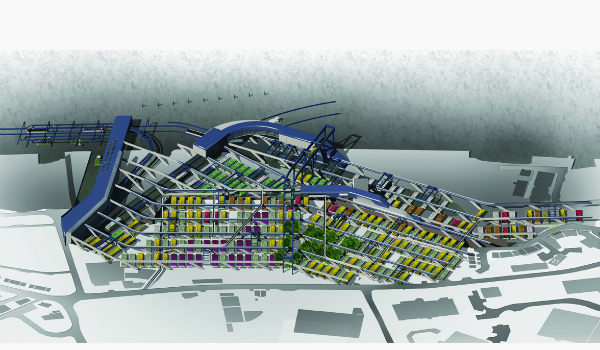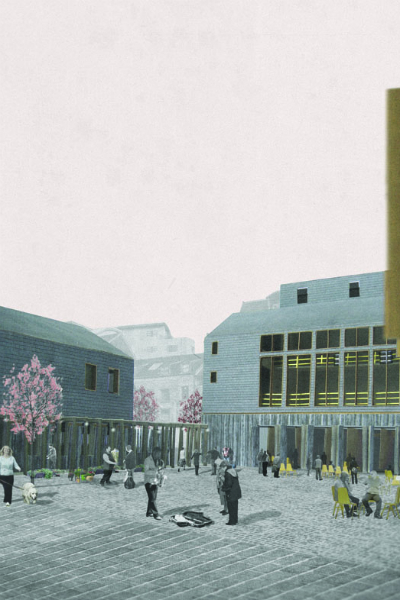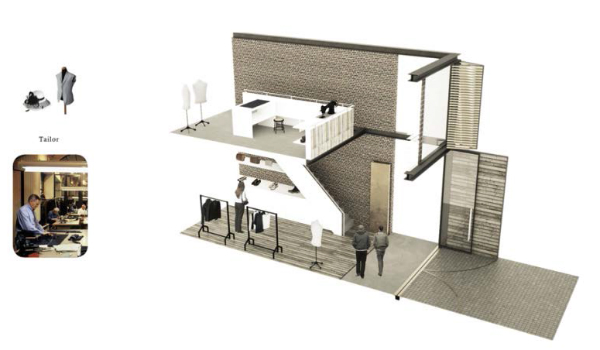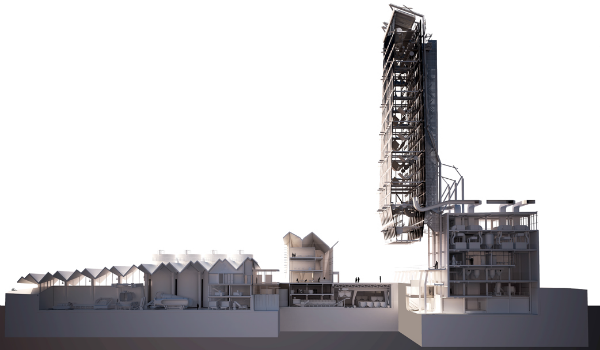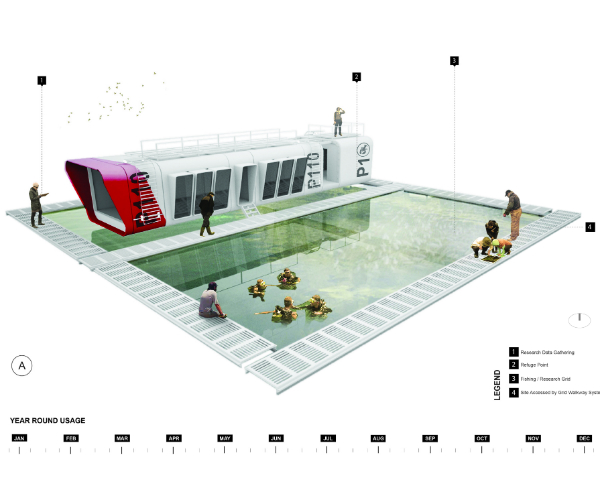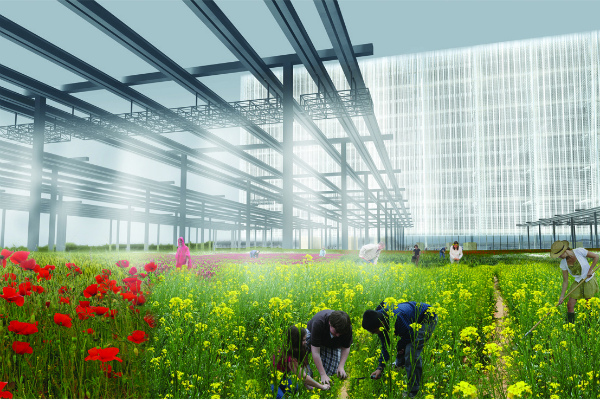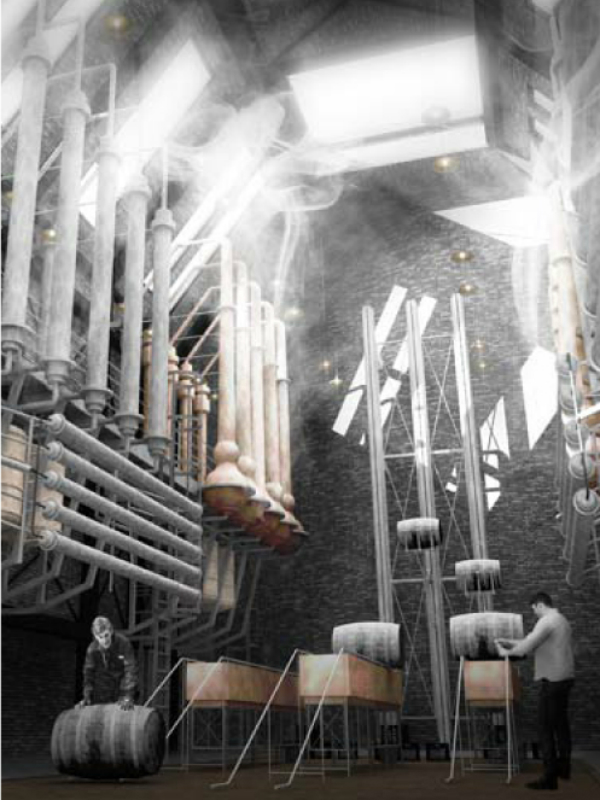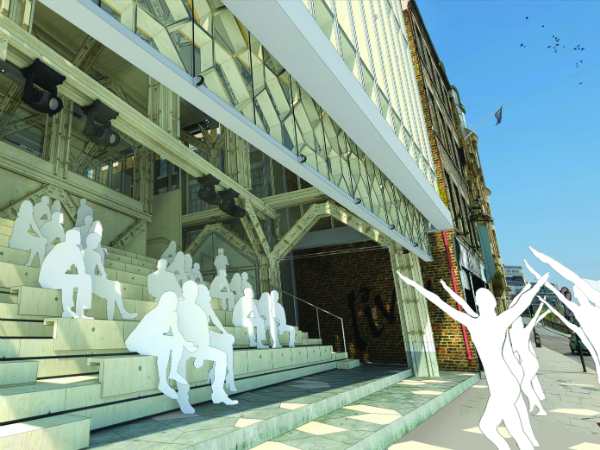-
Study
-
Quick Links
- Course Search
- Fees and Funding
- Unlock Your Potential
- Still time to Apply
- Higher and Degree Apprenticeships
- Continuing Professional Development
- Still time to apply
-
Undergraduate
- Application Guides
- UCAS Exhibitions
- Foundation Years
- School & College Outreach
- Information for Parents
-
Postgraduate
- Application Guide
- Postgraduate Research Degrees
- Flexible Learning
- Change Direction
- Register your Interest
-
-
International
International
Northumbria’s global footprint touches every continent across the world, through our global partnerships across 17 institutions in 10 countries, to our 277,000 strong alumni community and 150 recruitment partners – we prepare our students for the challenges of tomorrow. Discover more about how to join Northumbria’s global family or our partnerships.
View our Global Footprint-
Quick Links
- Course Search
- Undergraduate Study
- Postgraduate Study
- Information for Parents
- London Campus
- Northumbria Pathway
- Cost of Living
- Sign up for Information
-
International Students
- Information for Students
- International Events
- Application Guide
- Entry Requirements and Education Country Agents
- Global Offices
- English Requirements
- English Language Centre
- International student support
- Cost of Living
-
International Fees and Funding
- International Undergraduate Fees
- International Undergraduate Funding
- International Masters Fees
- International Masters Funding
- International Postgraduate Research Fees
- International Postgraduate Research Funding
-
International Partners
- Agent and Representative Network
- Global Partnerships
- Global Community
-
International Mobility
- Information for Northumbria Students
- Information for Incoming Exchange Students
-
-
Business
Business
The world is changing faster than ever before. The future is there to be won by organisations who find ways to turn today's possibilities into tomorrows competitive edge. In a connected world, collaboration can be the key to success.
More on our Business Services -
Research
Research
Northumbria is a research-rich, business-focused, professional university with a global reputation for academic quality. We conduct ground-breaking research that is responsive to the science & technology, health & well being, economic and social and arts & cultural needs for the communities
Discover more about our Research -
About Us
-
About Northumbria
- Our Strategy
- Our Staff
- Place and Partnerships
- Leadership & Governance
- Academic Departments
- University Services
- History of Northumbria
- Contact us
- Online Shop
-
-
Alumni
Alumni
Northumbria University is renowned for the calibre of its business-ready graduates. Our alumni network has over 246,000 graduates based in 178 countries worldwide in a range of sectors, our alumni are making a real impact on the world.
Our Alumni - Work For Us
What will I learn on this module?
An advanced appreciation of historical, theoretical, societal and technological paradigms governing the disciplines of Architecture forms the core learning journey of this module. Through a thematic exposure to seminal historic and contemporary architecture you will develop your existing knowledge to further reveal your understanding of key theoretical positions and of your advanced thinking. Presented as a theoretically connected continuum of architectural thought, spanning relevant epochs, the modules content will thematically align to your wider creative learning on the programme. You will advance your critical learning skills and your reflective attitude to advanced theories of architecture that will help you to appraise your own design work.
How will I learn on this module?
The module content will be delivered as a sequential programme of lectures supported by research led, participatory group seminars. In response, increased independent learning will allow you to explore your own themes and your evaluative thinking, framed around the set assignment. The lectures will explore a range of advanced exemplar case studies and theories that will promote discourse within the supporting seminars and an advanced application of knowledge within your directed and self-directed individual study. The seminars are a forum for tutor formative feedback and peer discussion, where critical ideas are appraised to expand your personal learning journey.
To aid contextual understanding and critical appraisal, a wide range of visual material will be used to support the module content and your learning as an accessible experience.
How will I be supported academically on this module?
Direct participation in lectures, group discussion and associated taught content is an essential part of your learning support for this module. In addition, all lectures, seminars presentations, relevant associated module information and specific bibliography will be available via the eLearning Portal (Blackboard), providing you with access to taught content remotely to suit specific learning needs. Electronic assignment submission and associated learning content uploads will facilitate your learning experience. Periods of self-directed learning are essential for your personal research and development whilst we have an open-door policy so that you can seek further support should you need it. You will receive feedback on formative work in a variety of forms throughout the duration of the module with written feedback provided at summative assessment points to help you reflect and develop. Your learning will be further supported and contextualised through the application of this module’s content to the studio design projects, as a holistic learning experience. In The university library offers support to you through its extensive physical and on-line resources, e-reading lists, guidance on developing academic study skills and with IT support, as provided by the Ask4Help facility.
What will I be expected to read on this module?
All modules at Northumbria include a range of reading materials that students are expected to engage with. Online reading lists (provided after enrolment) give you access to your reading material for your modules. The Library works in partnership with your module tutors to ensure you have access to the material that you need.
What will I be expected to achieve?
Knowledge & Understanding:
KU 1. Articulate knowledge and evaluation of a range of historical and theoretical principles and praxis of architecture and the wider arts
KU 2. Apply theories and principles from the history of architecture and the wider arts to scholarly argument and critical synthesis
Intellectual / Professional skills & abilities:
IPSA 1. Apply academic skills of research, study and evaluation to the development of critical scholarship within the concepts of phenomenological and contemporary theory.
IPSA 2. Articulate skills of academic writing and appropriate communications methods to articulate advanced theories, concepts and learning using appropriate subject vocabulary.
Personal Values Attributes (Global / Cultural awareness, Ethics, Curiosity) (PVA):
PVA 1. Appreciate the wider influence of artistic, societal, cultural and technological developments on Architecture within a structured and managed research methodology.
How will I be assessed?
Formative assessment will take place within each seminar and will be delivered in form of verbal feedback after presentations, as well as through informal class and individual discussions.
Summative assessment is of the illustrated written assignment (4000 words equivalent) covering all MLO’s … KU1, KU2, IPSA 1, IPSA 2, PVA 1
Feedback will be in written form and of the final assignment, to aid individual development and learning. Moderation of summative assessment will take place in at the end of the module.
Pre-requisite(s)
None
Co-requisite(s)
None
Module abstract
Within this module you will further contextualise your knowledge of the holistic and thematic concepts and theories that underpin the creative discipline of Architecture. Through the use of lectures and research-led group seminars, you will evaluate and articulate the interconnected precepts and philosophies informing architectural thought. You will analyse and evaluate case study buildings and applied theories to contextualise the thematic epochal and conceptual shifts within Architecture and themes will be explored and analysed against contemporary thinking. Lectures will explore the advancements of Architecture and its societal value via a set of advanced theoretical and cultural paradigms, contextualised against an appreciation of associated technological and material knowledge. The Assessment work will allow you to further develop and express your critical thinking skills and apply your advanced research led learning within an appraisal of your theoretical knowledge.
Course info
UCAS Code K100
Credits 20
Level of Study Undergraduate
Mode of Study 3 years Full Time or 4 years with study abroad
Department Architecture and Built Environment
Location City Campus, Northumbria University
City Newcastle
Start September 2025 or September 2026
All information is accurate at the time of sharing.
Full time Courses are primarily delivered via on-campus face to face learning but could include elements of online learning. Most courses run as planned and as promoted on our website and via our marketing materials, but if there are any substantial changes (as determined by the Competition and Markets Authority) to a course or there is the potential that course may be withdrawn, we will notify all affected applicants as soon as possible with advice and guidance regarding their options. It is also important to be aware that optional modules listed on course pages may be subject to change depending on uptake numbers each year.
Contact time is subject to increase or decrease in line with possible restrictions imposed by the government or the University in the interest of maintaining the health and safety and wellbeing of students, staff, and visitors if this is deemed necessary in future.
Useful Links
Find out about our distinctive approach at
www.northumbria.ac.uk/exp
Admissions Terms and Conditions
northumbria.ac.uk/terms
Fees and Funding
northumbria.ac.uk/fees
Admissions Policy
northumbria.ac.uk/adpolicy
Admissions Complaints Policy
northumbria.ac.uk/complaints

